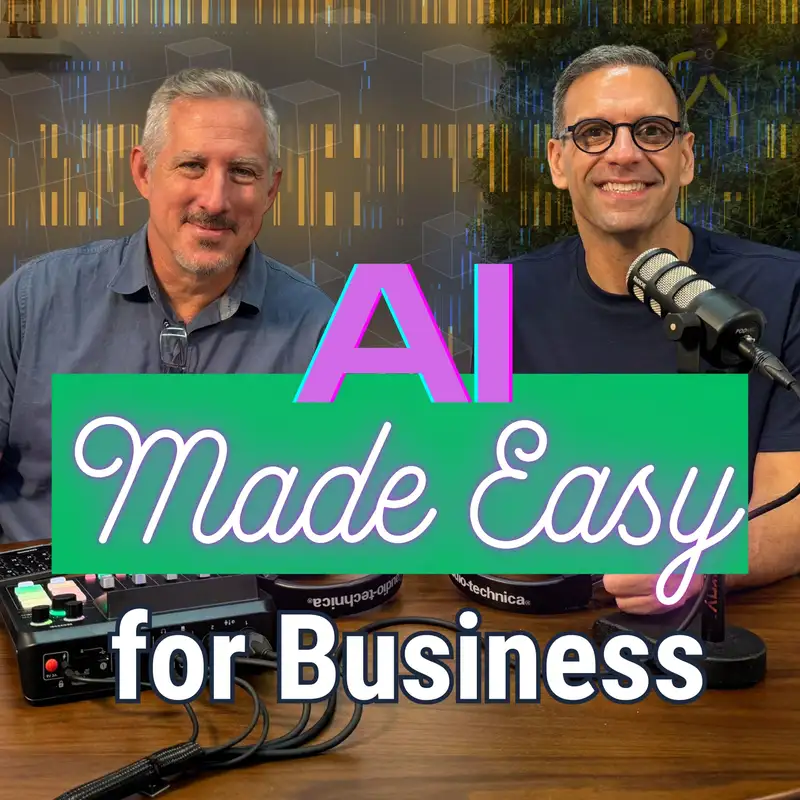
Copy Cat
Summary
This conversation explores the intersection of AI, copyright, and creativity, discussing the implications of recent legal rulings on AI-generated content. The speakers delve into the necessity of human intervention in creative processes, the philosophical dilemmas posed by AI in the arts, and the importance of documentation for protecting intellectual property. They also highlight tools available for safeguarding digital art and the ongoing challenges faced by creative industries in the age of AI.Tools & Resources
- U.S. Copyright Office issues highly anticipated report on copyrightability of AI-generated works
- Glaze by the University of Chicago
AI'S JOKE
I tried to catch fog earlier. I mist.
Takeaways
- Recent rulings emphasize the need for human intervention in AI-generated works.
- AI cannot replace human ingenuity in creative processes.
- Copyright laws are currently ambiguous regarding AI outputs.
- Documenting the creative process is crucial for protection.
- AI-generated music raises questions about authenticity.
- The legal landscape surrounding AI and copyright is fluid.
- Creative industries must adapt to the challenges posed by AI.
- Tools like Glaze can help protect digital artwork.
- Balancing AI use with human creativity is essential for the future.
Chapters
00:00 The Cheese Debate: Kraft Singles and Velveeta
03:04 AI and Copyright: The Legal Landscape
06:03 Human Intervention in AI Creations
08:55 The Philosophical Dilemma of AI and Creativity
12:06 The Impact of AI on Creative Industries
15:07 Documenting Your Creative Process
17:58 Tools for Protecting Digital Art
21:03 The Future of AI and Copyright
Creators and Guests

Host
Jeremy Ryan
CIO at Polarity, having fun with innovation, creative technology, and AI (through hard word)
